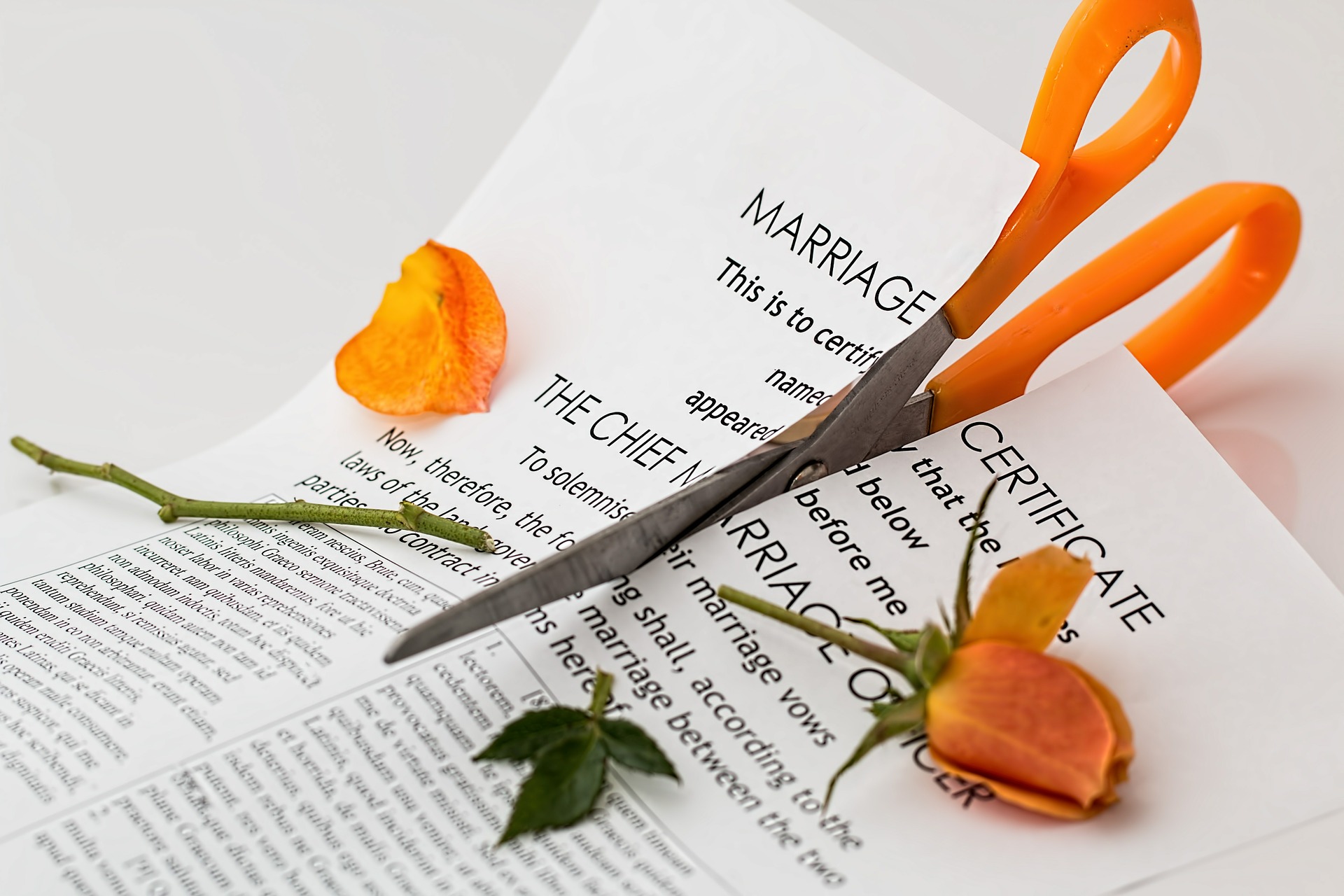
Substance abuse often leaves a path of destruction in its wake. Relationships can be one of the most challenging and painful aspects of collateral damage for addicts and their families to heal. How do you move forward when a marriage ends due to an addiction?
Damage and healing. Addiction can lead to a number of unhealthy, relationship-related concerns. Addicts often face issues of isolation. They must remove themselves from those who enabled their bad habits in an effort to reframe their lifestyles in a healthier manner. At the same time, some experts point out relationships with family members and friends are damaged from trust issues, guilt and embarrassment. In order to move forward and heal, it’s important to be realistic in your expectations of yourself and others, including your ex-spouse.
Self-care and fresh perspectives. In the aftermath of an addiction, you might feel you are barely surviving. It’s important to make an effort to treat relationships as if they are new to you, instead of viewing them through the eye of damage, worry, regrets or mistrust. Engage in a self-care regimen, making it a point to tend your well-being through daily activities and hobbies. Participate in an exercise program and meditate for the sake of your physical and mental health.
Why did it come to this? Sometimes, out of curiosity, people might ask you why you and your ex are no longer married. Recognize this is a function of their own curiosity, and you don’t need to indulge them. You can answer if you find it is helpful to your personal path, sharing your story in a manner that isn’t picking at the wound or that feels too revealing. However, recognize you can simply say, “Things are complicated.” In fact, you might be asking yourself the same question.
Psychology Today points out people on both sides of the addiction suffer, and divorce is an unfortunate but common consequence when people no longer can find healthy ways to function within the marriage. Sometimes, divorce is the last straw for an addict, without the other person there to pick up the pieces when things are falling apart financially or otherwise. Unfortunately, the threat of divorce is not usually sufficient to make an addict stop, since he or she is still held hostage to the illness. For the addict, finding the way out sometimes really does require “hitting rock bottom,” and for the addict’s spouse, leaving becomes the only way to preserve or reconstruct a normal, healthy life. Truly, both the addict and spouse sometimes need to separate to put the pieces of their lives back together.
Finding more, feeling more. Remember, you married in the first place because you loved each other. Those feelings don’t automatically disappear just because you divorced. Huffington Post explains you may be surprised that even though the relationship was toxic, you struggle with many emotions long after the marriage ends. Along those same lines, relationships with other family members and friends can be strained or broken, additional collateral damage from addiction. Maybe money was borrowed, someone covered some tracks, or they simply don’t “approve” of something that happened.
“Fixing” a broken relationship is challenging under any circumstances, but finding some amicable territory is possible if both parties want it. When there is a barrier of ill feelings, try talking things through. Let down your body language into a non-judgmental, open manner, make eye contact and really listen. Try to set aside emotions and focus on compromise and common ground. Reach out to a professional counselor for help whenever you hit a wall. Things might never be what they were before, but with effort on both sides, things can be more comfortable and agreeable.
Substance abuse can create suffering on many levels. When marriages fail as a result, it can seem there is no moving forward. Take steps to care for yourself and heal your relationships. You can move forward and live a healthy life.
Photo credit: Pixabay

